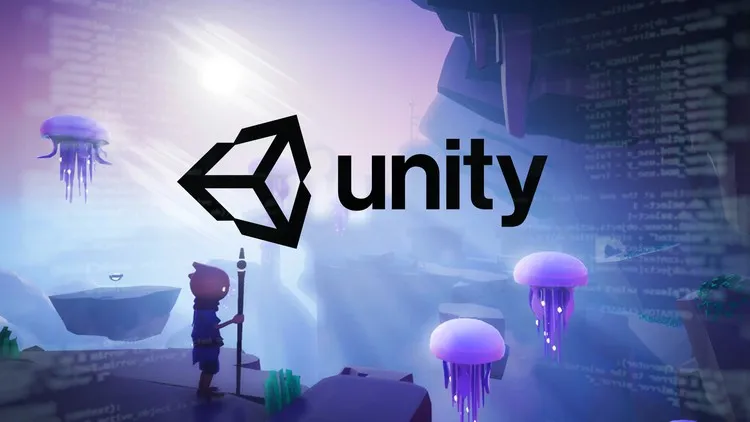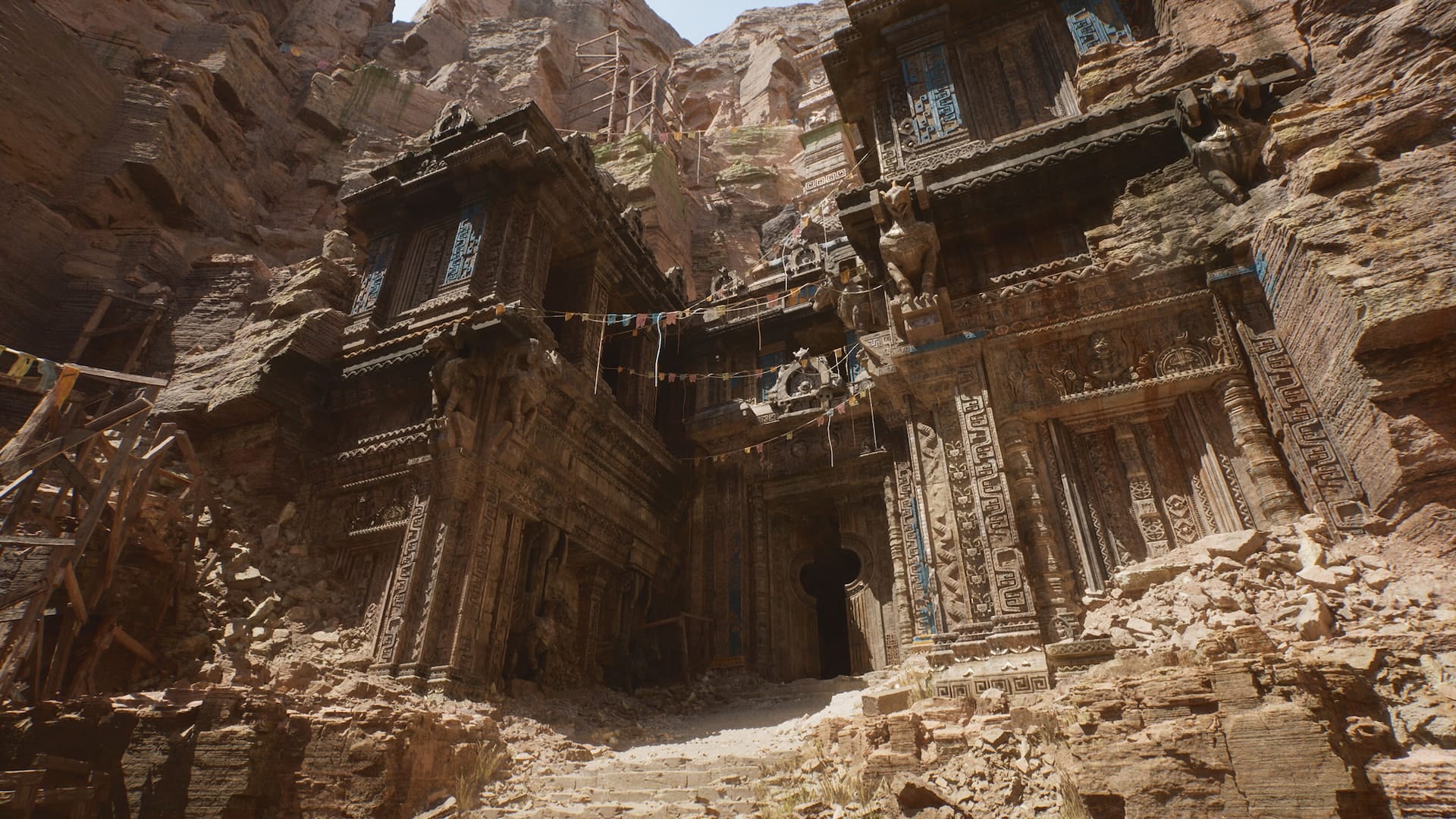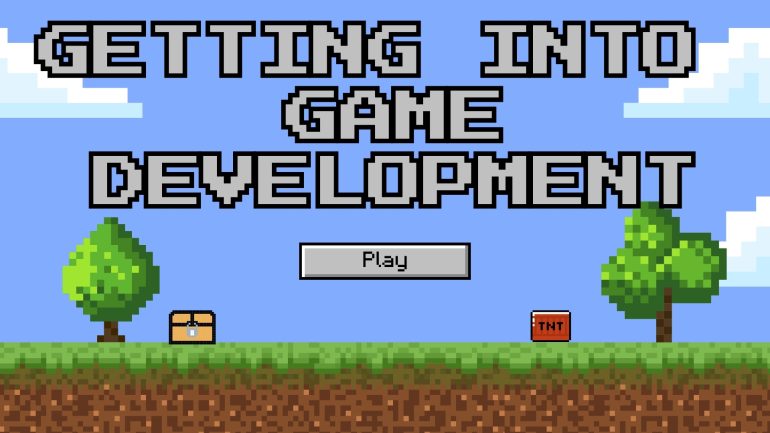Hello there, future Game Dev pal! Whether you’re dreaming of crafting the next indie darling or just want to bring your wildest pixelated ideas to life, you’re in the right place! Game development might seem like a mountain to climb, but guess what? Everyone starts at the bottom, even the pros. Let’s chat about how to get rolling with the big brothers like Unity, Unreal Engine, Godot, or even your own custom engine. Spoiler: It’s not a bed of roses, but it’s fun.
Table of Contents
Step 1: Pick your toolbox
One of the main things to start making games (picking a game engine) it’s one of the most transcendental decision you might take, and I’m not kidding, it’s very important to know what you want to accomplish getting into game development.
Think of a game engine like a Swiss Army knife for building games. Every game engine has multiple tools to help you to build the game, It handles the fundamental stuff (physics, graphics, etc.) so you can focus on the fun parts, like making an apple shot a crowd of pinneaples by example, the sky is the limit.
Unity

Unity is the tool I use to build games, i have used Unity over 5+ years and it’s the game engine I prefer to use over the other ones, you can say that Unity is The Jack-of-All-Trades.
Yes, I know we all have doubts about Unity because that fiasco a couple of years ago (the damn Runtime Fee) but let’s be optimistic about the future, don’t get discouraged before you even start.
Why to learn Unity?
✅ Flexible: Make anything from Celeste (2D) to Hollow Knight (Metroidvania) to Among Us (multiplayer).
✅ Huge Community: Thousands of tutorials, forums, and free assets.
✅ Free to Start: No upfront cost (royalties kick in only if you earn over $100K/year).
Where to learn Unity?
- Unity Learn (official, free courses).
- Brackeys (legendary tutorials, even if discontinued).
- Code Monkey (great for practical projects).
First Project Idea:
- «Roll-a-Ball» (Unity’s official beginner tutorial).
- A simple 2D platformer (move, jump, collect coins).
Unreal Engine

We can call Unreal Engine as The Graphic Beast. It’s a powerfull engine, his power can only be managed by expert hands and and IQ over 9000, or as i like to call it: A Badass PC.
Yep, the fact that is used by experts, or Fortnite, It doesn’t mean you can’t use It. With Unreal you can build high-end 3D games, photorealistic visuals, and cinematic experiences.
If you want to make a 2D game I don’t recomend to use Unreal Engine, it will be like killing a mosquito with a cannon, an overkill.
Why to learn Unreal Engine?
✅ Stunning Graphics: Built-in tools for lighting, physics, and effects.
✅ Blueprints: Make games without writing code (perfect for artists!).
✅ Free Until You Earn $1M: No royalties until you hit big success. 🤘
Where to Learn Unreal Engine?
- Unreal’s Official Tutorials.
- Unreal Sensei (great for beginners).
- Ryan Laley (Blueprints-focused).
First Project Ideas:
- «First-Person Shooter» (Unreal’s starter template).
- A 3D escape room (practice interactions & puzzles).
Godot

Godot is like the little brother of game engines -it’s humble, lightweight and open source (this is important if ou don’t want to pay a dime or give up the game data to the services Unity and Unreal has for making your games) but this doesn’t mean it’s less powerfull that the other two I have talked in this post.
With Godot you can make 2D and 3D games easily, i call Godot the Python of game development, because GDScript, the official language for scripting Godot games, it’s quite similar to Python (easy to read and learn) and the entry barrier is very minimal.
Although Godot is smaller than Unity and Unreal, it’s not free from controversy (though, honestly, nothing on the internet is—this blog will probably become controversial soon just for being online and expressing an opinion).
Some time ago on Twitter, people started saying that Godot was «woke», a term used to label people as extreme progressives or toxically inclusive and their community manager began blocking a ton of people. Though to be honest, I don’t know the details since I don’t get involved in politics or these kinds of things; I just observe from a distance.
This led to the creation of a fork called Redot, which promises to avoid absurd or any kind of political involvement and instead focus more on the engine itself.
Redot is compatible with Godot, so you can migrate whenever you want.
Why Pick Godot?
✅ Free & Open-Source: No hidden fees or licensing.
✅ Simple & Fast: Runs on a potato PC (great for game jams!).
✅ Great for 2D: More intuitive than Unity for pixel-perfect games.
Where to Learn?
- GDQuest (best Godot tutorials).
- HeartBeast (action RPG tutorials).
- Official Docs (surprisingly beginner-friendly).
First Project Idea:
- A top-down Zelda-like adventure.
- A simple space shooter.
Custom Engine

Are you a the hero of your own story? Then you can build your own engine, but let me tell you: This is a task For the Truly Adventurous Lvl 80 Warriors with the legendary Two Handed Sword Excalibur.
If you come from Computer Science bachelor degree then you will be able to complete this task in less time, but if you are like me that doesn’t know too much about how computer works under the hood, like real under the hood: low level programming, pointers, machine code, 0101000111000, etc. Then I don’t recommend you to follow this path.
Why Build Your Own?
✅ Total Control: No engine limitations.
✅ Deep Learning: You’ll understand everything about game dev.
✅ Flexibility: Make it exactly how you want.
Where to Start?
- Handmade Hero (build a game from scratch in C).
- SDL (Simple DirectMedia Layer) (great for 2D games).
- Cherno’s Game Engine Series (C++ OpenGL).
First Project Idea:
- A text-based RPG.
- A Pong clone (rendering, input, collision).
Step 2: Baby Steps (Your First Game)
No matter the engine, start small. Your first game should be: Tiny in scope (like Pong, never like Skyrim), focused on learning not earning (learn how movement works, collisions, UI, physics, etc). And finally but not less important you need to finish your first game, even if it’s janky, and upload it to your itch.io page (more about itch.io soon).
With this i want to teach you that even the pros you are admiring right now began with these baby steps. Lear how to code properly, old school programming like for loops, switch statements, programming patterns, etc, don’t let the IA take all the glory, learn the basics and later you can use IA to climb higher.
Step 3: Success
Working hard won’t guarantee success, but everyone who has succeeded has worked hard.
Me (The one that has worked hard but is not close to success…Yet)
Yes, I know you are here because you heard of Balatro, Cuphead, and many many other games that helped a solo game developer become a millionaire in no time, and you want that, everyone wants that. The real question here is: Who doesn’t wants that? All game developers want to make a living creating the games they envision.
As I told you earlier, It’s not a bed of roses, the path for building games it’s way more harder than you think, make games because you genuinely enjoy it, not because of the flashy ads promising quick money and success. The job market for game developers is relatively small, and remote positions are even harder to find (or just to get a simple interview). Passion should be your main fuel—money, if it comes, is just a bonus.
I hope to see your games published on any platform, just remember the basics: Build, iterate, polish and be successfull.
I don’t run ads in my blog, if this content its useful to you in the future, please considere to invite me to drink a coffe.
